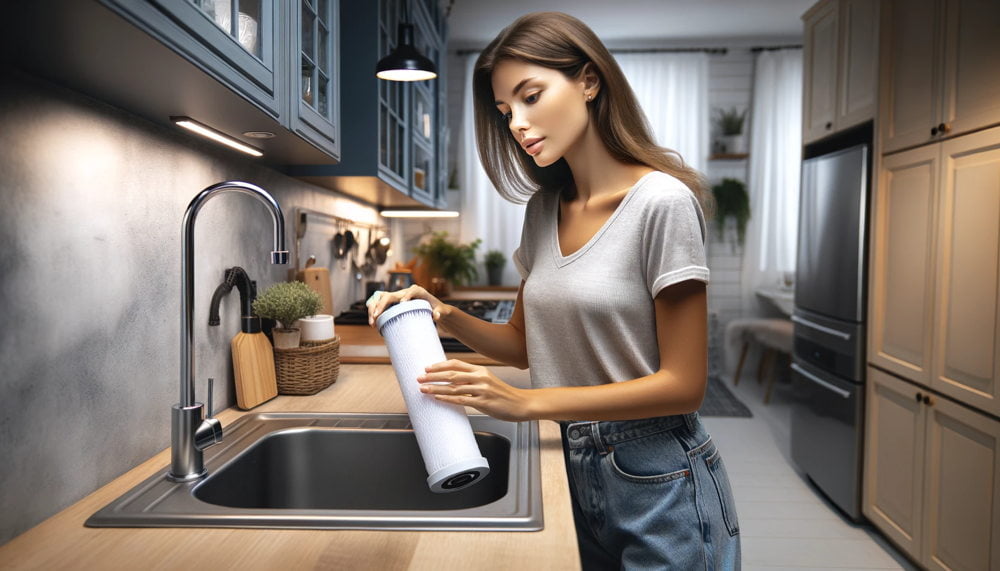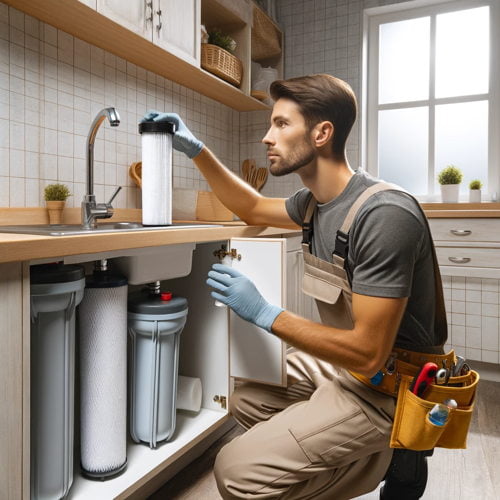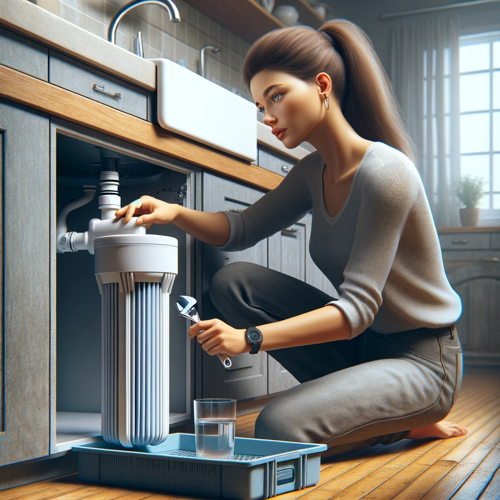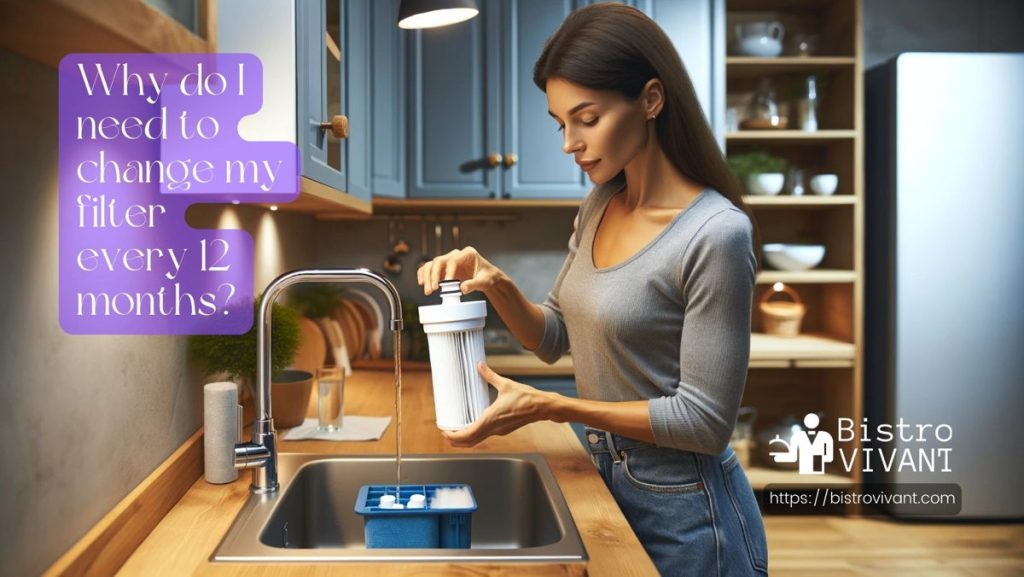Health depends on clean, safe drinking water; thus, families using water filtration systems must maintain them, especially by replacing filters. Many manufacturers and experts recommend changing your water filters at least every 12 months, but why is this so important? Let’s explore the reasons behind this recommendation in detail.
Understanding the Role of Water Filters
Water filters, integral to pitchers, under-sink units, or whole-house systems, are essential in purifying your water supply by removing a variety of contaminants such as chlorine, lead, mercury, and bacteria. These filters employ both physical and chemical processes to trap contaminants, ensuring they don’t end up in your drinking water. To maintain the effectiveness of these filtration systems, it’s crucial to change your filter every 12 months.

This regular maintenance not only keeps the water quality high but also extends the lifespan of the filter. Over time, filters can become saturated with contaminants, losing their ability to effectively purify water. A timely filter change helps prevent a decrease in water flow rate and the potential risk of contaminant leakage back into your water.
Thus, adhering to a 12-month replacement schedule is a simple yet essential step in ensuring consistent access to clean and safe drinking water.
The Lifespan of Water Filters
Physical and Chemical Limitations
Water filters are designed to capture and hold a certain amount of contaminants. Over time, the filter media, such as activated carbon or reverse osmosis membranes, become saturated. Physical saturation, which happens when the filter reaches its capacity, limits the filter’s capacity to remove pollutants.
Bacterial Growth
Another concern with old filters is the potential for bacterial growth. Over time, the moist environment in a used filter can become a breeding ground for bacteria and mold. This issue can be particularly concerning for filters that remove chlorine from the water, as chlorine can inhibit bacterial growth.
Decreased Efficiency and Water Quality
As a filter gets clogged with contaminants, its efficiency decreases. This not only means poorer water quality but can also lead to a reduction in water flow rate. In some cases, an overused filter can start to release trapped contaminants back into the water.

The 12-Month Rule
The recommendation to replace water filters every 12 months is a general guideline, taking into account average water usage and contamination levels. However, the actual lifespan of a filter can vary based on several factors:
- Water Quality: If your water supply has higher levels of contaminants, your filter may need to be replaced more frequently.
- Water Usage: A higher volume of water passing through the filter will reduce its lifespan.
- Filter Type: Different types of filters have different lifespans. Sediment filters may need replacing more often than activated carbon filters.
Signs: It’s Time to Change Your Filter
- Change in Taste or Odor: If you notice a change in the taste or smell of your water, it could be a sign that your filter is no longer effective.
- Decreased Flow Rate: A noticeable reduction in the water flow rate from your faucet or dispenser can indicate a clogged filter.
- Visible Sediment or Discoloration: If you see sediment or discoloration in your filtered water, it’s definitely time to replace the filter.

Regular Maintenance for Optimal Performance
Regular maintenance of your water filter is crucial for ensuring optimal performance and water quality. It’s recommended to change your filter every 12 months, as over time, filters can become clogged with contaminants and lose their effectiveness.
This period can vary depending on the specific type of filter and your water usage. Clogged filters impair filtration performance and can trap hazardous germs and chemicals in water.
Water flow and clarity can indicate whether house-activated carbon filters need replacement. In sophisticated systems like reverse osmosis, replace the membrane and other components according to the manufacturer’s instructions.
Regularly replacing your water filter ensures that you continue to enjoy clean, safe, and great-tasting water while also extending the lifespan of your filtration system. Remember, maintenance is key to keeping your water pure and your system running smoothly.
Conclusion
Changing your water filter every 12 months is a must for drinking water safety. This regular maintenance prevents filter efficiency loss, microbial buildup, and the reintroduction of impurities into your water. Remember that water quality affects your health; therefore, maintaining your water filtration system is worth it.
 https://bistrovivant.com is a participant in the Amazon Services LLC Associates Program, an affiliate advertising program designed to provide a means for website owners to earn advertising fees by advertising and linking to Amazon (.com,.co.uk,.ca, etc.) and any other website that may be affiliated with the Amazon Service LLC Associates Program. As an Amazon Associate, I earn from qualifying purchases.
https://bistrovivant.com is a participant in the Amazon Services LLC Associates Program, an affiliate advertising program designed to provide a means for website owners to earn advertising fees by advertising and linking to Amazon (.com,.co.uk,.ca, etc.) and any other website that may be affiliated with the Amazon Service LLC Associates Program. As an Amazon Associate, I earn from qualifying purchases.

